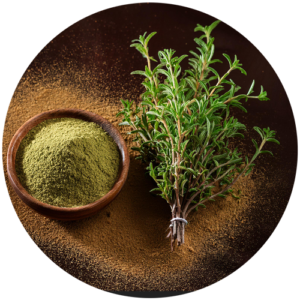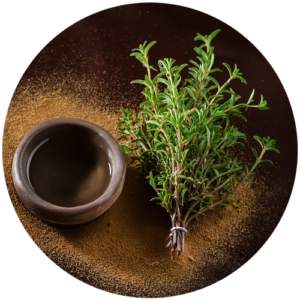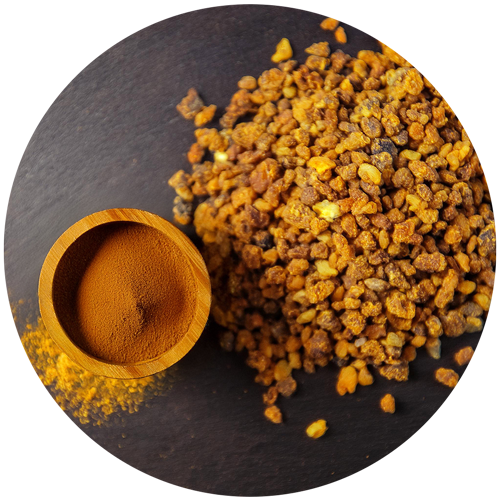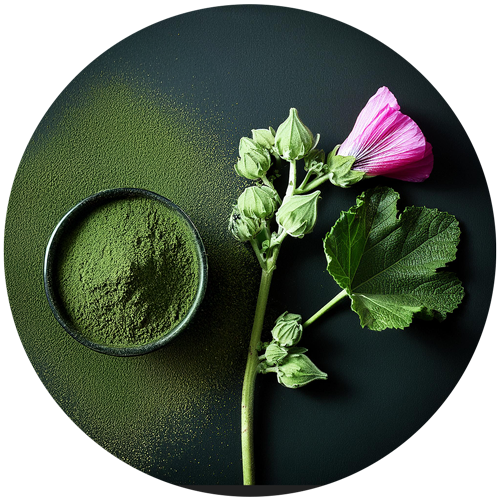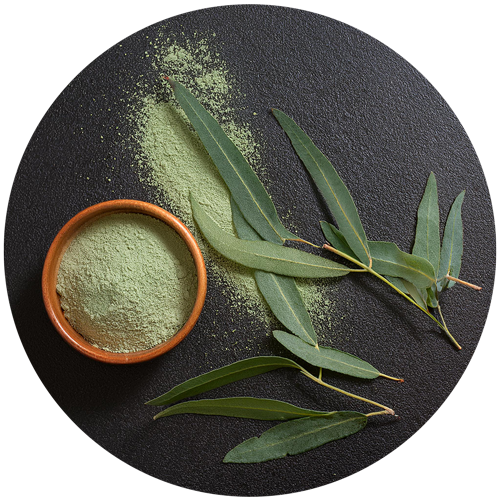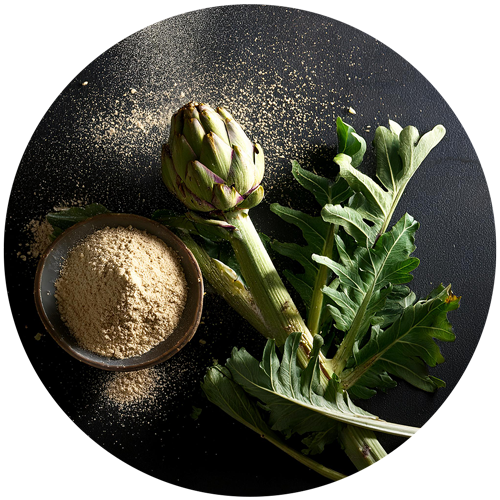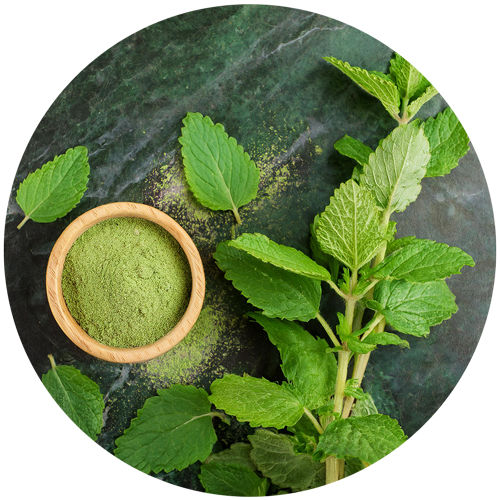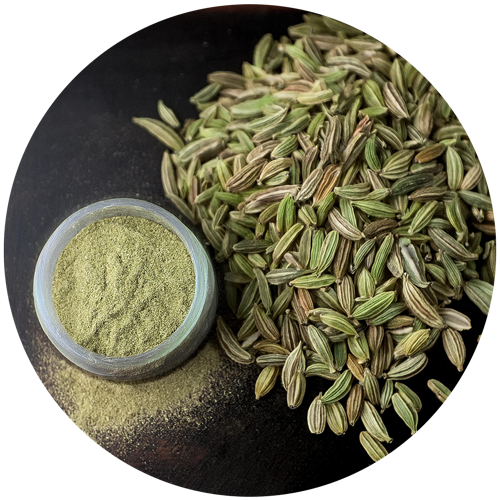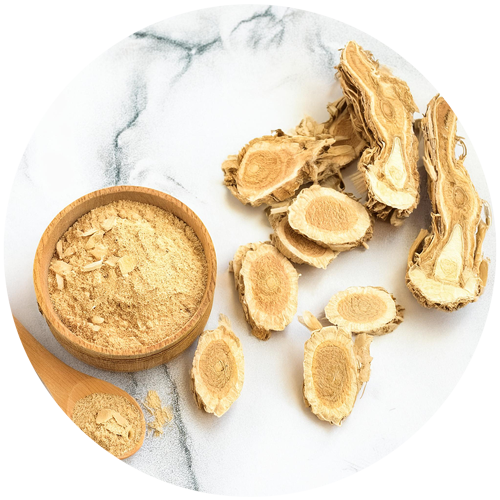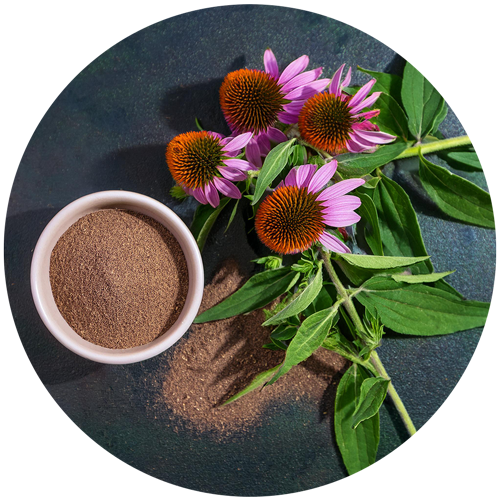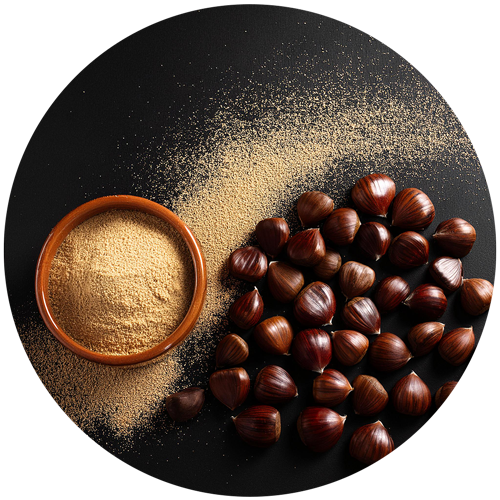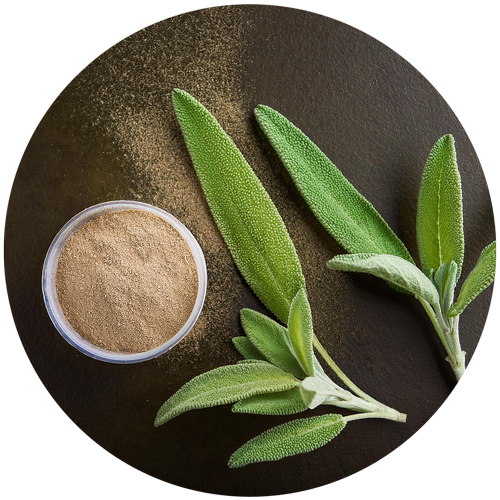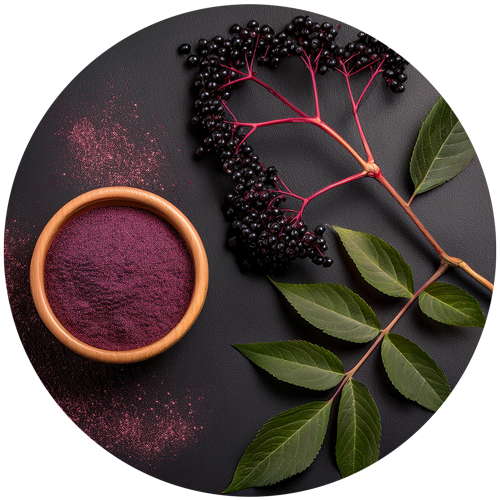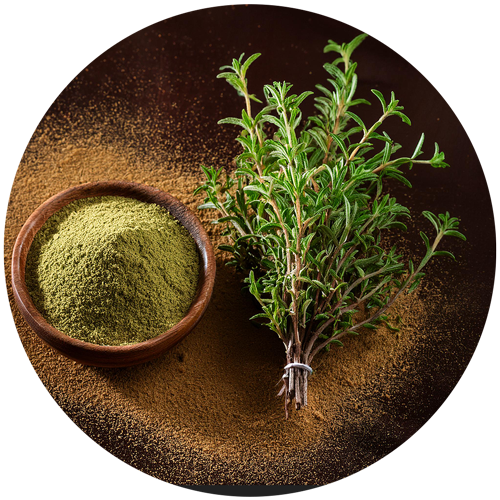

THYME
 Upper airways
Upper airways  Premenstrual syndrome
Premenstrual syndrome  Immune system
Immune system  Digestion
Digestion Native to the Mediterranean basin, Thyme Thymus vulgaris is an aromatic herb that has been used since ancient times for its many health and culinary benefits. Renowned for its benefits, it helps stimulate the immune system. Read the detailed description
Our references
Regulations
and analysis
Identification : TLC
Data on traditional use
Cahier de l’agence du médicament (France):
- Facilitate digestion
- Used for the upper respiratory tract
EMA monograph :
- Used for the upper respiratory tract
WHO monograph :
- Used for indigestion and other gastrointestinal disorders
- Used for the upper respiratory tract
- Used for menstruation and cramps
Monographie Canada :
- Used for the respiratory tract
- Relieves flatulent indigestion and colic
German monograph :
- Used for the upper respiratory tract
Association ideas by health axis
Select one or more axes:
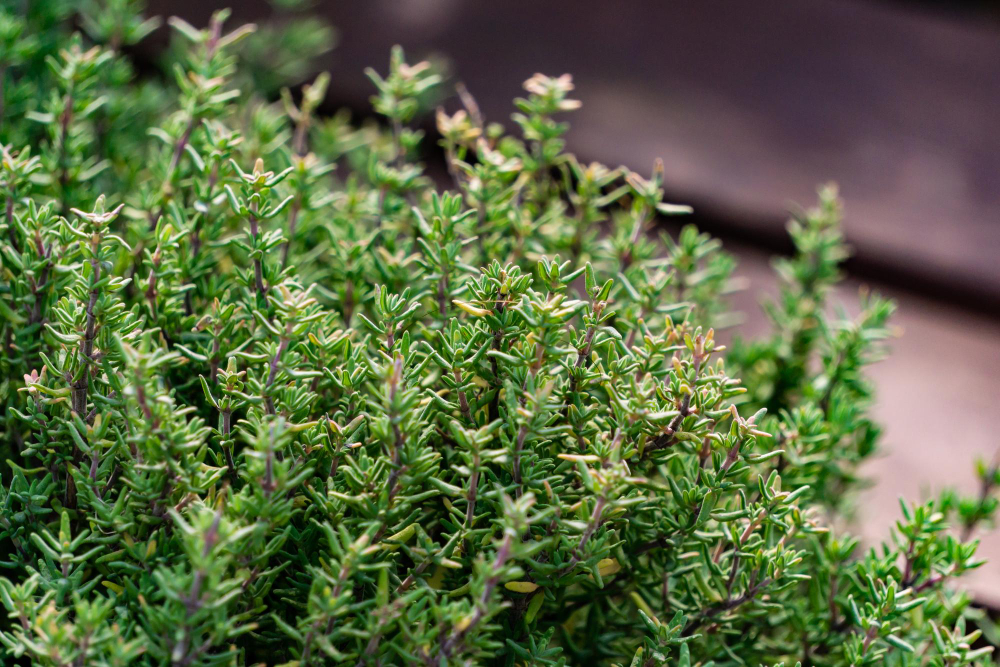
Detailed description
Thyme, known by its Latin name Thymus vulgaris, is a member of the Lamiaceae family endemic to the Mediterranean basin. This aromatic plant is distinguished by its small, oval, grayish-green leaves. Thyme grows in small bushes that can reach 30 to 40 cm in height, and gives off a pleasant, penetrating scent.
Thyme has been used since Antiquity for its many virtues. It is used to flavor dishes, particularly in Mediterranean and Provencal cuisine. It is also used in phytotherapy for its beneficial properties against respiratory disorders. An infusion of thyme is often recommended to soothe the throat and stimulate the immune system.
Its active compounds, such as thymol and carvacrol, are found in the plant itself, but especially in its essential oils. These active ingredients are phenolic monoterpenes with a wide range of stimulating and antioxidant properties.
